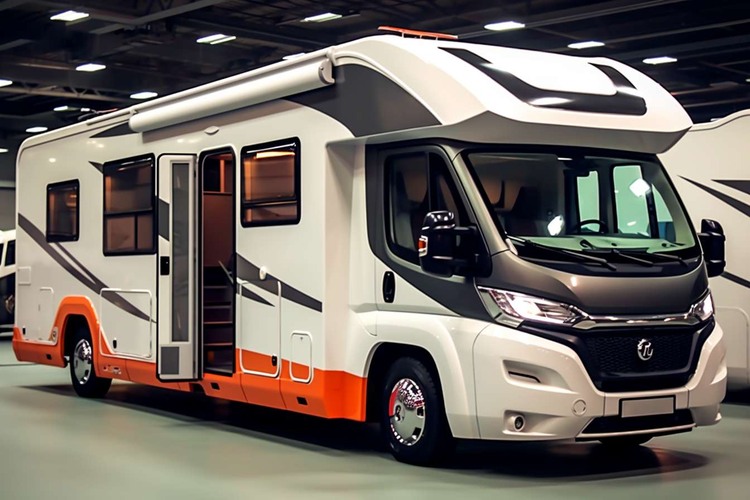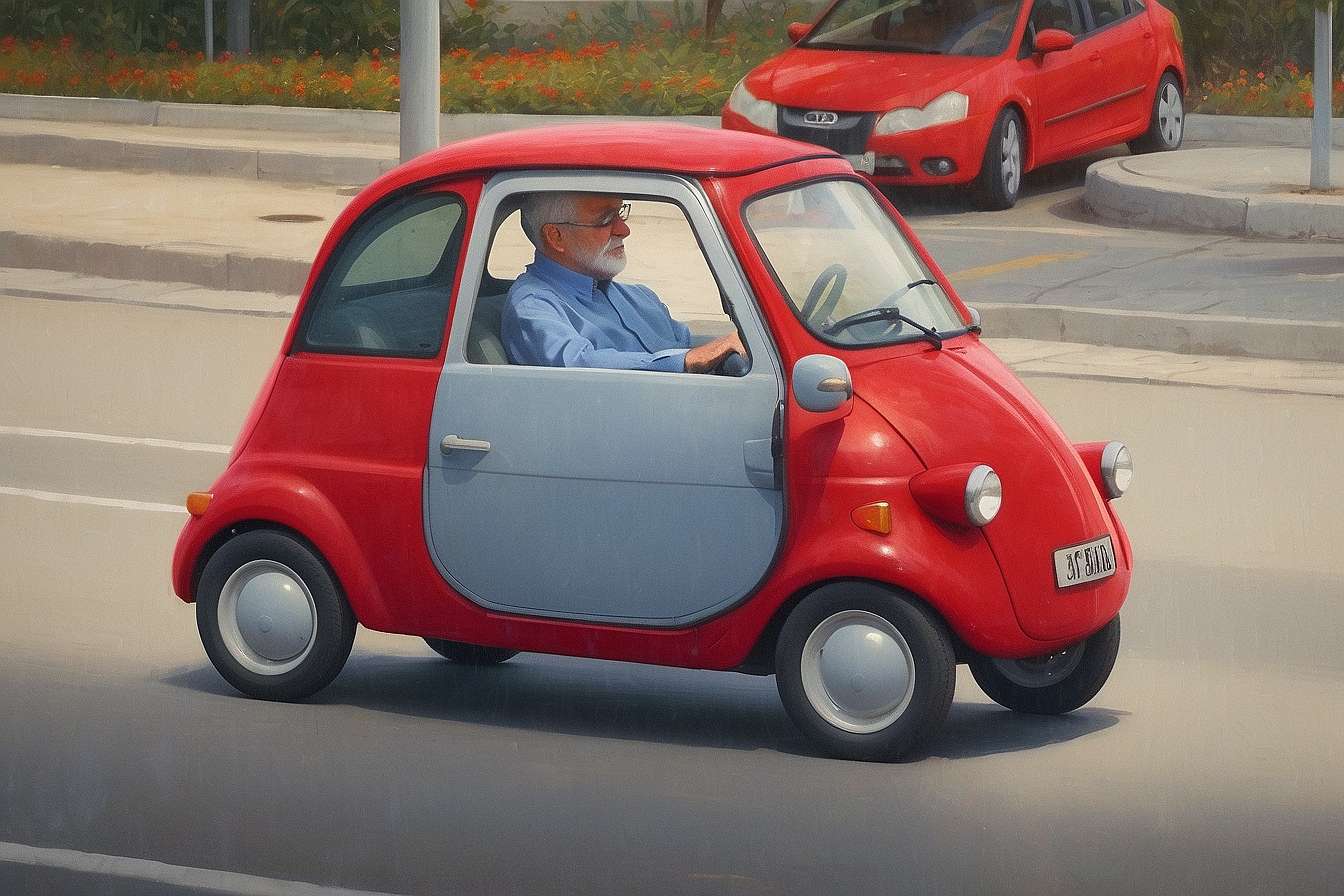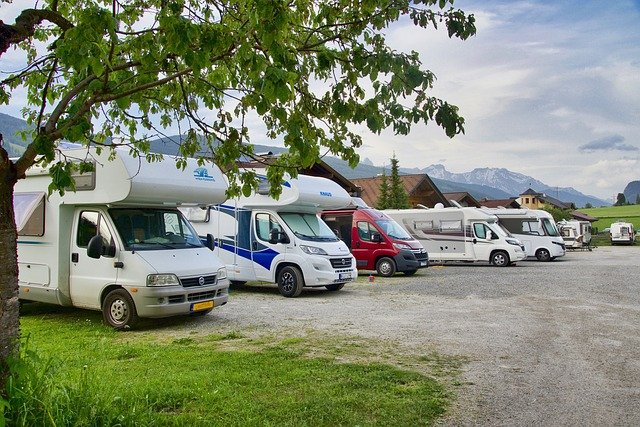Practical Guide to Buying and Maintaining a Used Small Camper Trailer
Purchasing a used small camper trailer offers an affordable entry point into recreational vehicle ownership, but requires careful evaluation and ongoing maintenance. Understanding the key factors involved in selection, inspection, and upkeep can help ensure you make a smart investment that provides years of reliable camping adventures while avoiding costly surprises down the road.

Small camper trailers represent an excellent compromise between camping comfort and affordability, especially when purchased used. These compact recreational vehicles typically range from lightweight teardrop designs to small travel trailers, offering basic amenities without the bulk and expense of larger RVs. The used market provides opportunities to find quality units at significantly reduced prices, though buyers must navigate potential pitfalls and hidden costs.
Pros and Cons of Choosing a Used Small Camper Trailer
Used small camper trailers offer substantial cost savings compared to new models, often priced 30-50% below retail value. This affordability allows buyers to access higher-quality brands and features that might otherwise be out of reach. Additionally, previous owners have typically worked through initial manufacturing defects and may have already completed useful modifications or upgrades.
However, used trailers come with inherent risks including unknown maintenance history, potential structural damage, and outdated safety equipment. Older models may lack modern conveniences like LED lighting, improved insulation, or updated electrical systems. Warranty coverage is typically limited or nonexistent, placing repair costs entirely on the new owner.
Pre-Purchase Inspection Checklist for Condition and Safety
A thorough inspection should begin with the trailer’s exterior, examining the roof for signs of water damage, soft spots, or membrane deterioration. Check all seams and joints for proper sealing, as water intrusion represents one of the most expensive problems to repair. Inspect the frame for rust, cracks, or previous accident damage, paying particular attention to the tongue and hitch areas.
The interior inspection should focus on signs of water damage, including staining, soft floors, or musty odors. Test all electrical components including lights, outlets, and appliances. Examine the plumbing system for leaks, proper drainage, and functional fixtures. Don’t forget to inspect safety equipment such as smoke detectors, carbon monoxide alarms, and fire extinguishers for proper operation and current certification dates.
Common Mechanical, Electrical, and Structural Issues to Watch
Structural problems often manifest as soft spots in floors or walls, indicating water damage and potential frame deterioration. Electrical issues frequently involve outdated wiring, insufficient amperage capacity, or corroded connections that can create safety hazards. The 12-volt system may suffer from battery problems, converter failures, or inadequate charging capabilities.
Mechanical concerns typically center around the running gear, including worn wheel bearings, tire deterioration, or brake system problems. Suspension components may show signs of wear, affecting towing stability and safety. Appliances like refrigerators, water heaters, and air conditioning units often require attention in older units, with replacement costs potentially reaching several thousand dollars.
Essential Maintenance Tasks and Cost-Effective Upgrades
Regular maintenance begins with annual roof inspections and resealing, typically costing $200-500 when performed professionally. Wheel bearings should be repacked annually, while tires require regular pressure checks and replacement every 3-5 years regardless of tread wear due to sidewall deterioration from UV exposure and age.
Cost-effective upgrades include LED lighting conversion for improved efficiency and longevity, upgraded batteries for better power storage, and improved ventilation fans for comfort. Water filtration systems, solar panels, and modern appliances can significantly enhance the camping experience while adding resale value to the trailer.
Budgeting, Insurance, Registration, and Safety Considerations
Beyond the purchase price, budget for immediate needs such as registration, insurance, and any required repairs or upgrades. Annual operating costs typically include insurance ($200-600), registration fees ($50-200), and maintenance expenses ($300-800). Emergency repair funds should account for potential major issues like roof replacement ($2,000-5,000) or appliance failures ($500-2,000).
| Cost Category | Estimated Range | Notes |
|---|---|---|
| Purchase Price | $3,000-15,000 | Varies by size, age, and condition |
| Annual Insurance | $200-600 | Depends on coverage and location |
| Registration/Licensing | $50-200 | Varies by state/province |
| Annual Maintenance | $300-800 | Routine upkeep and minor repairs |
| Major Repairs | $500-5,000 | Emergency fund recommendation |
Prices, rates, or cost estimates mentioned in this article are based on the latest available information but may change over time. Independent research is advised before making financial decisions.
Insurance requirements vary by jurisdiction, but most areas require liability coverage at minimum. Comprehensive coverage protects against theft, vandalism, and weather damage, though premiums reflect the trailer’s value and usage patterns. Registration processes differ between regions, with some classifying small trailers as recreational vehicles requiring special permits or inspections.
Safety considerations extend beyond the trailer itself to include proper towing equipment, weight distribution, and driver training. Ensure your towing vehicle meets manufacturer specifications for trailer weight and tongue weight. Regular safety checks should include hitch operation, brake controller function, and emergency breakaway system testing.
Successful used camper trailer ownership requires balancing initial cost savings against ongoing maintenance responsibilities. With proper inspection, realistic budgeting, and consistent upkeep, a used small camper trailer can provide years of affordable outdoor adventures while building valuable experience in recreational vehicle ownership.




